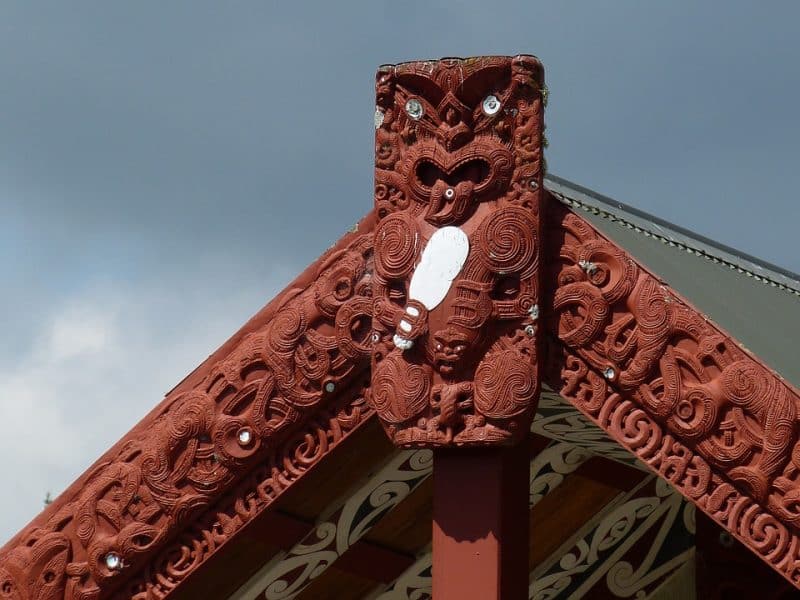New Zealand’s Catholic bishops have warned that one majority culture should not impose its will on other cultures on the question of legalised assisted suicide.
In their written submission to the ending of life inquiry being conducted by Parliament’s Health Select Committee, the bishops acknowledged that various surveys indicate generally a majority support in New Zealand for legalisation.
“[But] there is little, if any, polling or analysis of which ethnicities are favouring a change in legislation in New Zealand, and why,” the submission noted.
The bishops referred to 2014 statistics from the US states of Oregon and Washington, where assisted suicide is legal, which showed overwhelmingly that requests for lethal medication came from non-Hispanic, white Americans.
In Oregon, of the 105 approved requests for lethal medication, 100 (95.2 per cent) came from white Americans, with no requests from African Americans, American Indians, or Pacific Islanders. There was one request from a Hispanic person.
In the state of Washington, of the 163 approved requests for lethal medication, 156 (95.7 per cent) were from “non-Hispanic white”, and 12 were from “Hispanic and/or non-white”.
The population percentages of “non-Hispanic whites” in Washington and Oregon are 70.4 per cent and 77 per cent respectively.
The bishops concluded that “non-white Hispanics” in these cases are overrepresented in receiving approval for lethal medication requests.
“These statistics strongly suggest that there is a cultural component in support for assisted suicide,” the bishops surmised.
They said recent New Zealand statistics on ethnicity and support for assisted suicide is hard to find.
But they stated that the Oregon and Washington data suggested “the polls in New Zealand . . . are at least in part reflecting the dominance of New Zealanders of European descent in the population”.
The bishops went on to state that, given this information, using polling data “to claim that assisted suicide should be legalised in New Zealand because there is majority support for it, it is tantamount to one culture imposing its will on other cultures through sheer numbers”.
The bishops expressed “particular concern” about a “lack of attention to Maori attitudes towards the legalisation of assisted suicide”.
Since Maori are a Treaty of Waitangi partner with the Crown and the indigenous people of this land, their input and influence should be “about more than mere numbers”.
“It could be argued that ethnicities which are smaller in numbers should not be able to deny the majority ethnic group the choice of assisted suicide, the argument being that those who oppose the legalisation of assisted suicide do not have to avail themselves of it,” the bishops noted.
“This argument narrows assisted suicide down to a matter of individual choice, and ignores the societal effects of the legalisation which will be experienced by everyone. The subtle pressure on the disabled, elderly and terminally ill to end their lives constitutes a harm
to the common good, and to the equality and value we place on the life of every New Zealander, whatever their age or level of ability.”
The bishops also noted that “international experiences show that legalisation leads to normalisation, the expansion of eligibility either legislatively or in practice, loss of patient trust in the medical profession, and a climate of fear among the elderly and ill”.
On December 7, Cardinal John Dew addressed the select committee at Parliament, speaking to the bishops’ written submission.
“In my more than 40 years as a priest I have been with countless people towards the end of their life, and personally witnessed moments of tenderness, forgiveness, laughing together, saying sorry, expressing gratitude and appreciation, admiration and respect,” he said.
“I have no doubt that many families and the dying will be robbed of these deeply human moments if legalised euthanasia is available.”
In some situations, Cardinal Dew warned, “the very availability of euthanasia will create a demand because its legalisation will send the message that it is not just socially acceptable but socially desirable — many people will feel that their best or only option is euthanasia or assisted suicide.”

Reader Interactions